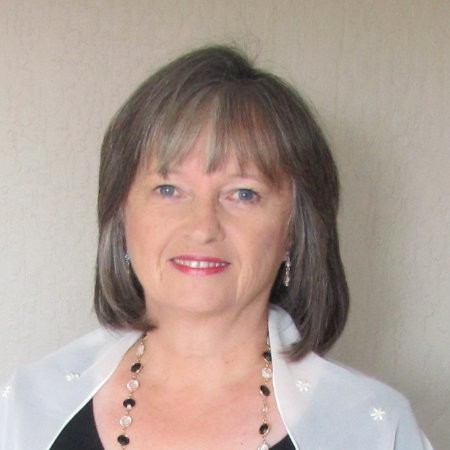Using Nursing Simulation Experiences to Improve Medication Administration
The use of simulation to enhance clinical skills for both undergraduate and new graduate nursing and medical students is well documented in the literature. However, in spite of current changes, students and new graduate Nursing students often find themselves unprepared and anxious when they begin their first professional assignments. According to the Nurse Journal, the most common causes of medication errors for new nurses are “lack of presence of mind” followed by nerves and pressure, and suggests administration errors account for up to 32% medication errors. Today, Kim Baily PhD, MSN, RN, CNE, previous Simulation Coordinator for Los Angeles Harbor College and Director of Nursing for El Camino College, shares how to improve your simulated learning experiences with medication administration.
In 2010, Benner et al. called for a redesign of nursing education because they felt that the current nursing education climate rewarded “short-term focus and cost savings over the quality of nursing education and patient care”. The responsibility for this change lies on the shoulders of Nursing Educators and far-sighted administrators. Simulation is playing a key role in this change. Medication administration is a complex process with many facets. The literature supports that simulation has played its part in educating nursing students with regards to medication administration.
A recent study by Jarvell et al., (2017) provided evidence that an individual simulation experience improved medication administration skills. The study involved two groups of first semester nursing students randomly assigned either to a traditional practice session or to an individual experience with an experienced simulation educator. Medication administration competence was measure using the Medication Administration Safety Assessment Tool (MASAT) developed by Goodstone and Goodstone in 2013. The tool uses an eight-item checklist which includes reference to six rights of medication administration. If you are looking for a medication checklist, this might be helpful.
Sponsored Content:
The two groups of students both used electronic MARs and medication carts. Both groups of students did the same pre and post test. One group (traditional group) spent time with a laboratory assistant in a classroom-like setting. The students were guided through the experience until they “were comfortable the procedure”. The second group had a full individual simulation experience (ISE) with a preset scenario, one on one simulation, debriefing and practice with an experienced simulation instructor.
The ISE group performed better than the traditional group with 59.5% of students in the ISE group achieving a perfect score while in the traditional practice group, only 9.3% obtained a perfect score. The ISE group also scored higher on the post test. Interestingly, previous healthcare experience did not appear to affect the outcomes. The authors correctly point out that there could be an error due to the lack of educational experience of the laboratory assistants. The study could be repeated with the simulation educators from the ISE group teaching the traditional laboratory group and then look to see if this affected the study results.
Although an interesting study, one wonders about the feasibility of running one on one 30 minute simulation scenarios with experienced simulation faculty. For a class of 60 students, 30 hours of sim time alone would be needed. This does not include sim operative time for running the scenario, setup and tear-down time. The cost would probably be prohibitive. However, for a struggling student or new graduate, individual simulation experiences might prove very helpful.
Reference: Benner, P., Sutphen, M., Leonard, V., & Day, L. (2010). Educating nurses: A call for radical transformation. San Francisco, CA: Jossey-Bass.
Sponsored Content:
Today’s article was guest authored by Kim Baily PhD, MSN, RN, CNE, previous Simulation Coordinator for Los Angeles Harbor College and Director of Nursing for El Camino College. Over the past 16 years Kim has developed and implemented several college simulation programs and previously chaired the Southern California Simulation Collaborative.
Have a story to share with the global healthcare simulation community? Submit your simulation news and resources here!
Learn more about Nursing Simulation Experiences to
Improve Medication Admin!
Dr. Kim Baily, MSN, PhD, RN, CNE has had a passion for healthcare simulation since she pulled her first sim man out of the closet and into the light in 2002. She has been a full-time educator and director of nursing and was responsible for building and implementing two nursing simulation programs at El Camino College and Pasadena City College in Southern California. Dr. Baily is a member of both INACSL and SSH. She serves as a consultant for emerging clinical simulation programs and has previously chaired Southern California Simulation Collaborative, which supports healthcare professionals working in healthcare simulation in both hospitals and academic institutions throughout Southern California. Dr. Baily has taught a variety of nursing and medical simulation-related courses in a variety of forums, such as on-site simulation in healthcare debriefing workshops and online courses. Since retiring from full time teaching, she has written over 100 healthcare simulation educational articles for HealthySimulation.com while traveling around the country via her RV out of California.
Sponsored Content:






















